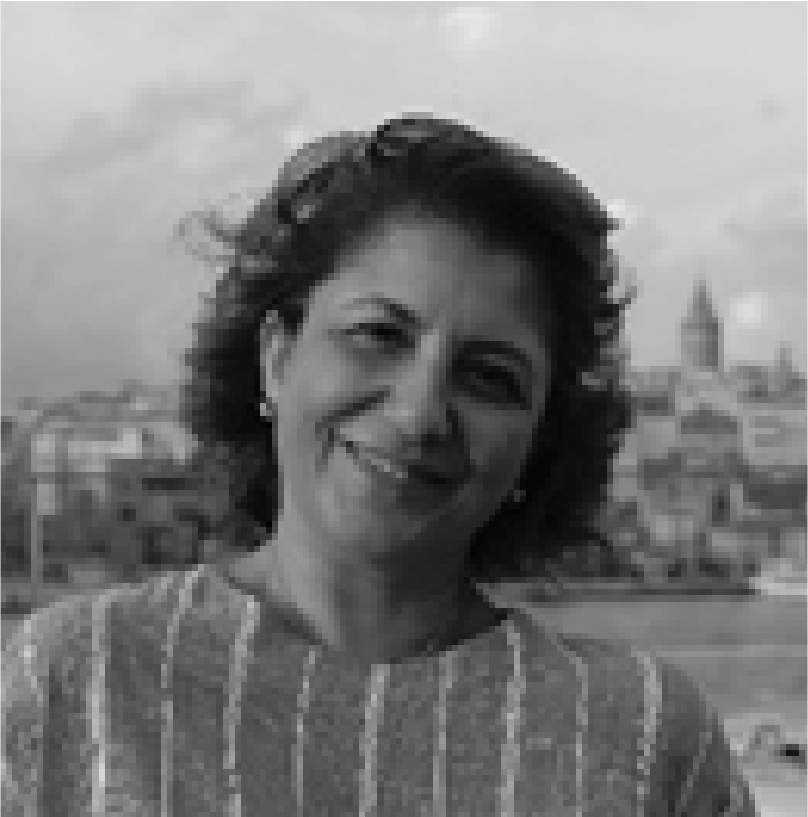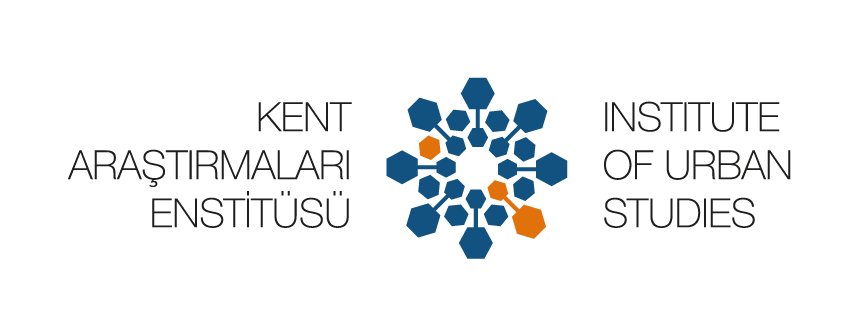Culture, Space and Memory Working Group Programme

Prof. Dr. Hatice Ayataç
Programme Director
Societies build the spaces they live in, these spaces also build people’s culture and identity. Spatial memory is produced in this interaction process and it is an important interface in the formation of the identity of the place, the provision of social belonging, the production of social collective memory and culture. Preserving the meaning of the tangible and intangible values of the space, transferring it to future generations, producing new social meanings and usage values together with the continuity of the historical and cultural layers of the cities are issues that need to be handled sensitively to ensure the sustainability of memory. Especially in today’s urbanization dynamics, which corresponds with speed and economic priorities, while transferring the values produced by the past to the future, how today’s original values should be integrated into this emerges as a critical issue. Since current urbanization practices generally adopt the approach of demolishing and rebuilding the existing, the physical environment undergoes a constant and rapid change and transformation, while the memory and cultural values contained in the space are destroyed.
In addition to such interventions, the memory function of the space is also affected by events such as unplanned urbanization and dense population flow. Such radical and intense interventions lead to the reshaping of the space and harm the values of the place and society. Culture, Space and Memory Studies, taking into account all kinds of institutional or individual interventions in the city, sometimes aims to follow the traces of the past and sometimes to seek answers to the question of how we can transfer the heritage that has reached the present day to the future. Thus, it aims to contribute to the preservation of the city’s memory and culture by introducing innovative approaches and producing application models. In this framework, all kinds of socio-spatial processes that make up the spatial memory – the public spaces that produce the anonymous culture of the city, the historical textures that have survived by stratification, the industrial, cultural, and ecological heritage, the original spatial formations and values caused by ethnic or class differences – are within the scope of the programme.
Culture, Space and Memory Studies Programme aims to produce scientific research, publications, reports, analyses while creating sharing platforms with a series of seminars, workshops, and webinars to produce qualified products on these issues and to bring together representatives on certain issues and to share information. In addition to these, it aims to lay the groundwork for experiential knowledge transfer by organizing field trips to unique urban textures.

Prof. Dr. Hatice Ayataç
She completed her undergraduate degree at Istanbul Technical University, Faculty of Architecture, Department of Architecture (1989), and received her Master’s Degree in 1993 from ITU Institute of Science and Technology, Department of City and Regional Planning, Urban Design Programme, and her Doctorate in 2000. In 1992, she was appointed as a Research Assistant in the Department of City and Regional Planning of the Faculty of Architecture at ITU. She served as Assistant Professor between 2007-2012 and as Associate Professor between 2012-2021 while still working as a Professor in the same department. She took part in administrative duties as the Deputy Head of the Department of City and Regional Planning between 2007-2010, and as the Associate Professor Representative of the Faculty Board of the Faculty of Architecture at ITU between 2017-2020.
Prof. Dr. Hatice Ayataç continues her studies on Urban Identity, Urban Public Space Design, Urban Memory and Memory, Urban Design Theory and History, Pedestrian Spaces, Barrier-Free Access, Children, and Space. She took part in the organization of the International Planning History (IPHS) congress in 2010, hosted by Istanbul and ITU, as the congress secretary. She has served as a member of the Scientific Board and Advisory Board in International and National Scientific Meetings and continues. She is still a member of the executive board in the MARUF-Marmara Urban Forum organization held within the Union of Marmara Municipalities and a member of the DOCOMOMO Turkey Working Group. She is also a Member of the Executive Board of the Turkish Red Crescent Istanbul Branch and a Member of the Board of Trustees of the Urban Transformation and Urbanization Foundation.
Within the scope of her professional experience, she worked as an executive and researcher in both national and international projects, and as a researcher in the Istanbul Environmental Plan Industry Sector Working Group. She is the owner of the idea and the implementation guide in the implementation of the Istanbul Airport Library Project, which is a first for our country, in the joint protocol of IGA, ITU, and the Ministry of Culture.


